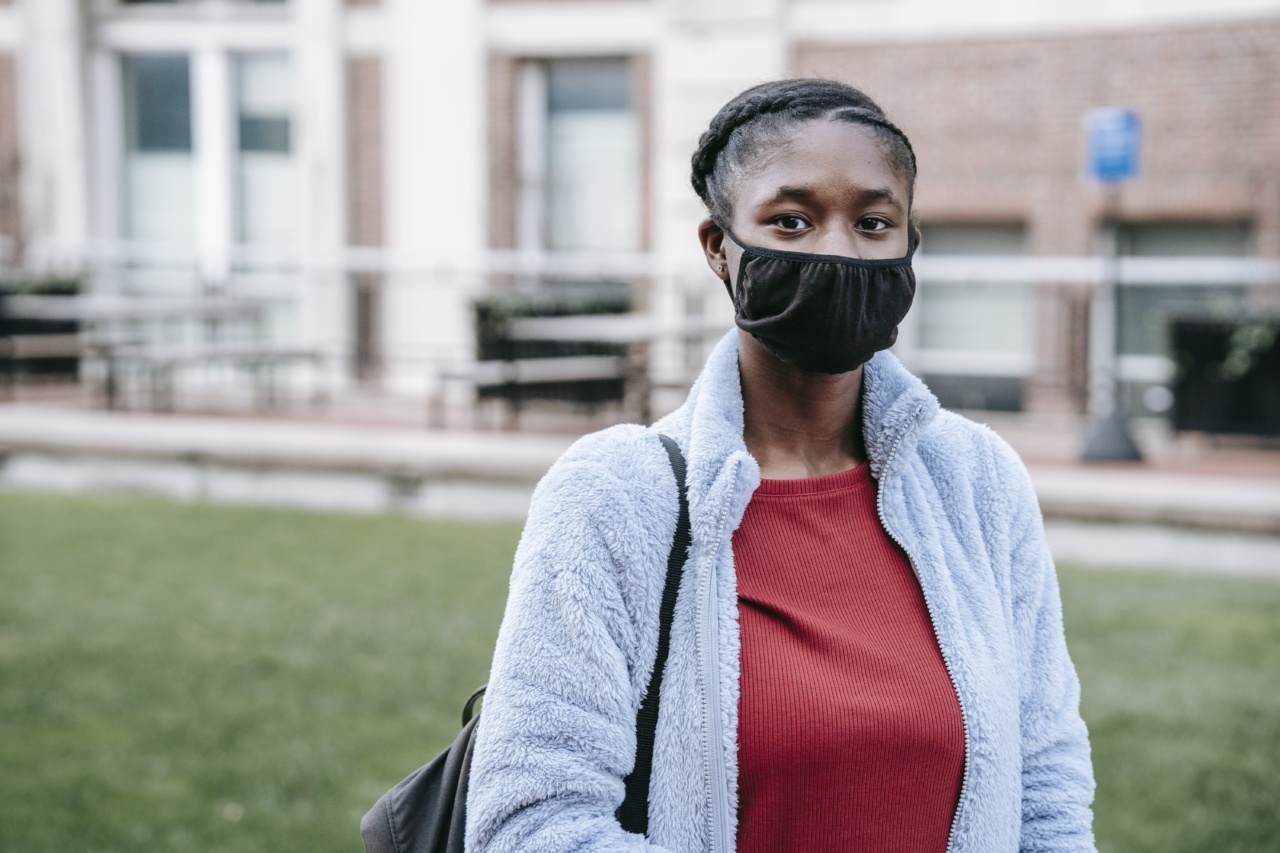The COVID-19 pandemic has had significant impacts on various aspects of our lives, including our physical health and well-being. With lockdowns, social isolation, and disrupted routines, many individuals of all age groups have experienced weight gain.
The combination of stress, limited physical activity, and changes in dietary habits has contributed to this global phenomenon.
The impact of stress during the pandemic
One of the main factors driving weight gain during the pandemic is increased stress levels. The uncertainty surrounding the virus, concerns about health, financial hardships, and social isolation have taken a toll on people’s mental well-being.
Stress has been linked to emotional eating and cravings for unhealthy comfort foods, leading to weight gain.
Moreover, with limited social interactions and fewer opportunities for recreational activities, individuals have been left with fewer outlets for stress relief. This further exacerbates the negative impact of stress on both physical and mental health.
Sedentary lifestyle and limited physical activity
The pandemic and subsequent lockdown measures have imposed significant restrictions on physical activity. Gyms and fitness centers were closed, and outdoor activities were limited.
Many people transitioned to remote work setups, further reducing their daily physical activity levels.
Additionally, the closure of schools and limitations on sports and extracurricular activities have also affected children and adolescents.
The lack of organized physical education and the shift to remote learning have resulted in reduced opportunities for young individuals to engage in regular exercise.
The sedentary lifestyle and lack of physical activity have contributed to weight gain in both young and old individuals during the pandemic.
Changes in dietary habits
The disruptions caused by the pandemic have also had a significant impact on dietary habits.
The closure of restaurants, limited access to fresh produce, and panic buying led many individuals to rely on processed and packaged foods, which are often high in calories, unhealthy fats, and added sugars.
As individuals spent more time at home, snacking and emotional eating emerged as coping mechanisms for dealing with stress and anxiety.
The proximity to the kitchen, coupled with the ease of accessing comfort foods, has resulted in an increase in calorie intake for many.
Furthermore, the pandemic-induced disruptions have caused disturbances in meal patterns. Irregular meal timings, skipping meals, and relying on convenient but unhealthy options have become prevalent.
This disruption to normal eating patterns has negatively affected metabolic health and contributed to weight gain.
Impact on children and adolescents
Weight gain during the pandemic has not only affected adults but also children and adolescents. The closure of schools and restrictions on outdoor activities have limited opportunities for physical exercise and play.
Screen time has increased, replacing physical activity and further exacerbating sedentary behaviors.
Home confinement has also disrupted children’s routines and social interactions, leading to increased stress and emotional eating.
The lack of access to nutritious school meals for many children has further contributed to unhealthy eating habits and weight gain.
The long-term consequences
The weight gain experienced during the pandemic can have long-term consequences on individuals’ health.
Obesity, which is often a result of prolonged weight gain, is associated with a range of health conditions such as diabetes, heart disease, and certain types of cancer.
Moreover, the negative impact on mental health, self-esteem, and body image should not be overlooked. Weight gain can lead to a vicious cycle of emotional distress, further affecting an individual’s physical and mental well-being.
Prevention and mitigation strategies
While the pandemic has presented numerous challenges, there are steps that individuals of all age groups can take to prevent or mitigate weight gain:.
1. Stay active: Engage in regular physical exercise at home or outdoors while following local guidelines. Explore online workout classes or home-based exercise routines.
2. Focus on healthy eating: Prioritize nutritious whole foods and limit the consumption of processed and high-calorie snacks. Opt for home-cooked meals whenever possible.
3. Manage stress: Implement stress management techniques such as meditation, deep breathing exercises, or engaging in hobbies to reduce emotional eating.
4. Establish a routine: Create a structured daily routine that includes dedicated time for exercise, meals, work/study, and relaxation.
5. Seek support: Reach out to friends, family, or professionals for support and accountability in maintaining healthy habits during these challenging times.
Conclusion
The COVID-19 pandemic has had a significant impact on weight gain in both young and old individuals. Increased stress levels, sedentary lifestyles, and changes in dietary habits have contributed to this phenomenon.
It is crucial to prioritize physical and mental well-being during these challenging times and adopt strategies to prevent or mitigate weight gain. By staying active, maintaining a healthy diet, managing stress, establishing routines, and seeking support, individuals can navigate these difficult circumstances while prioritizing their overall health.































